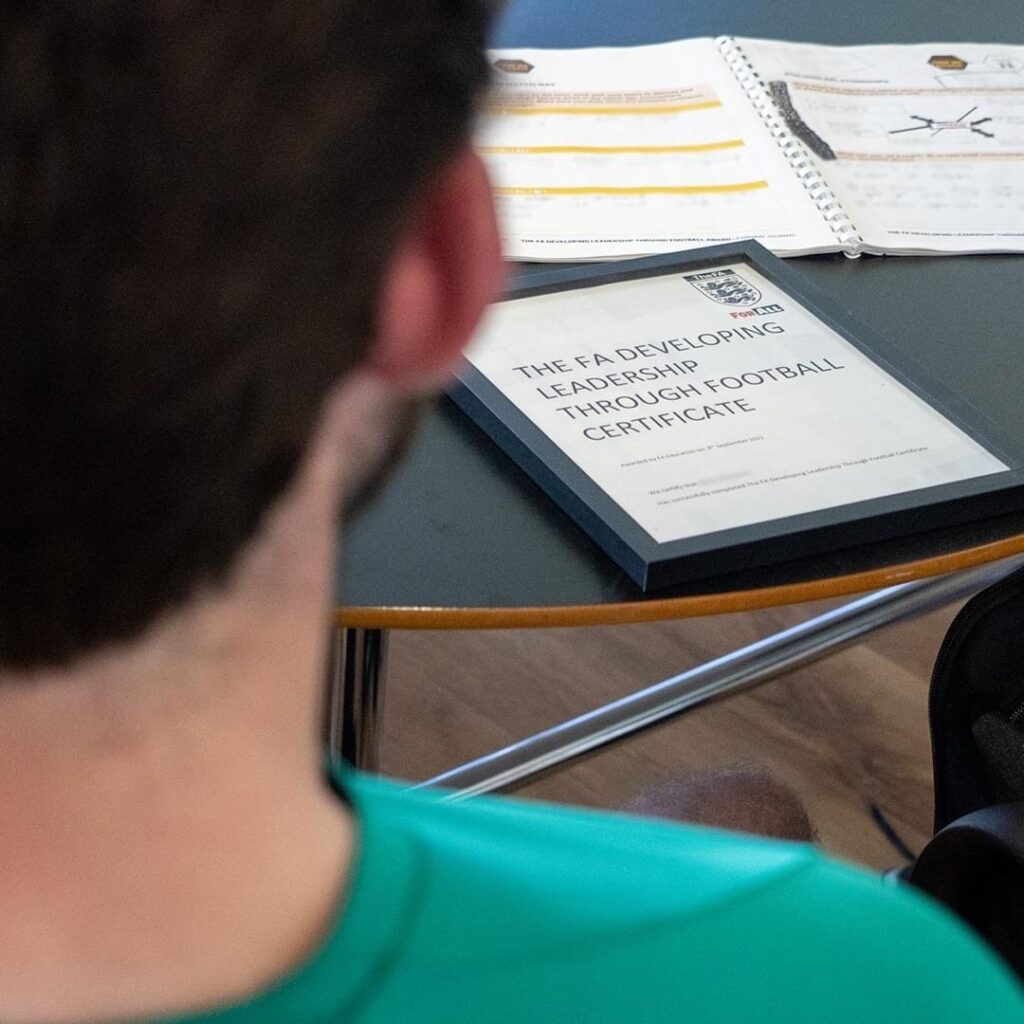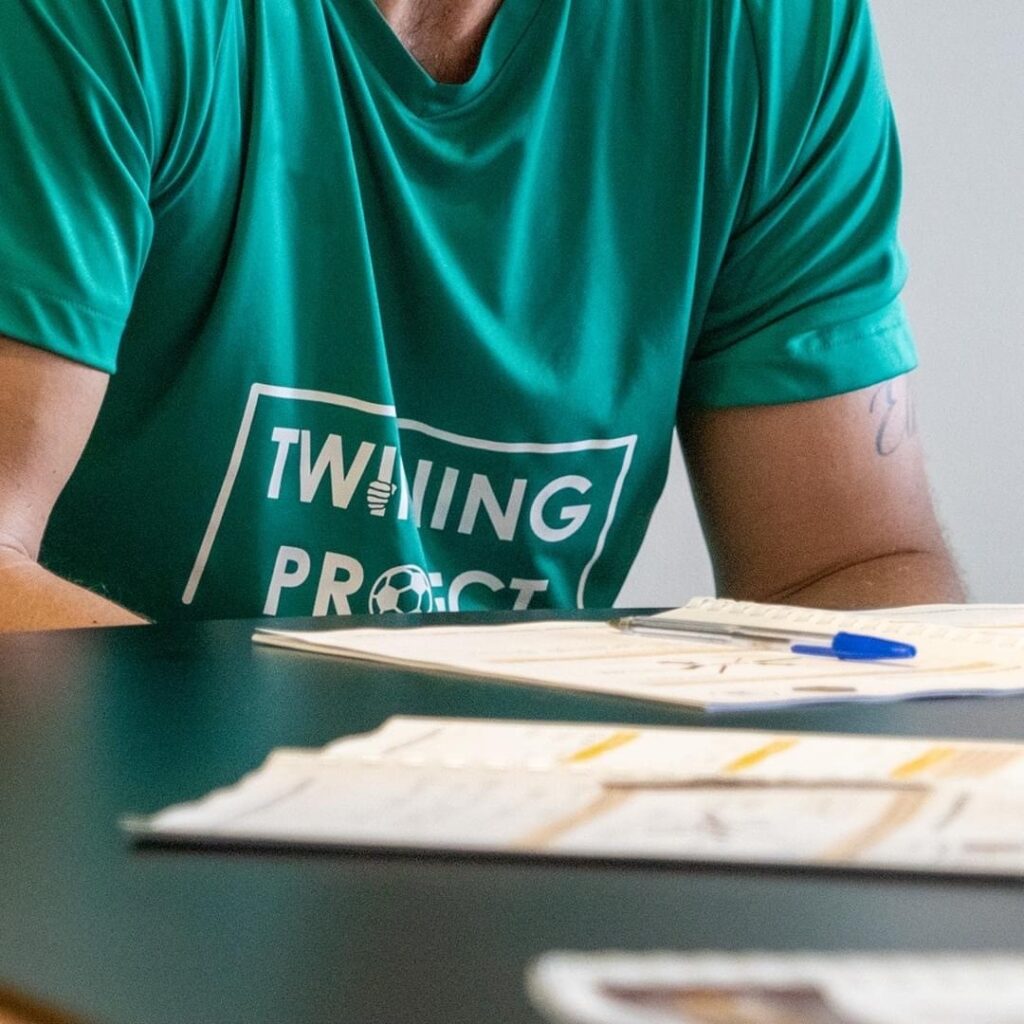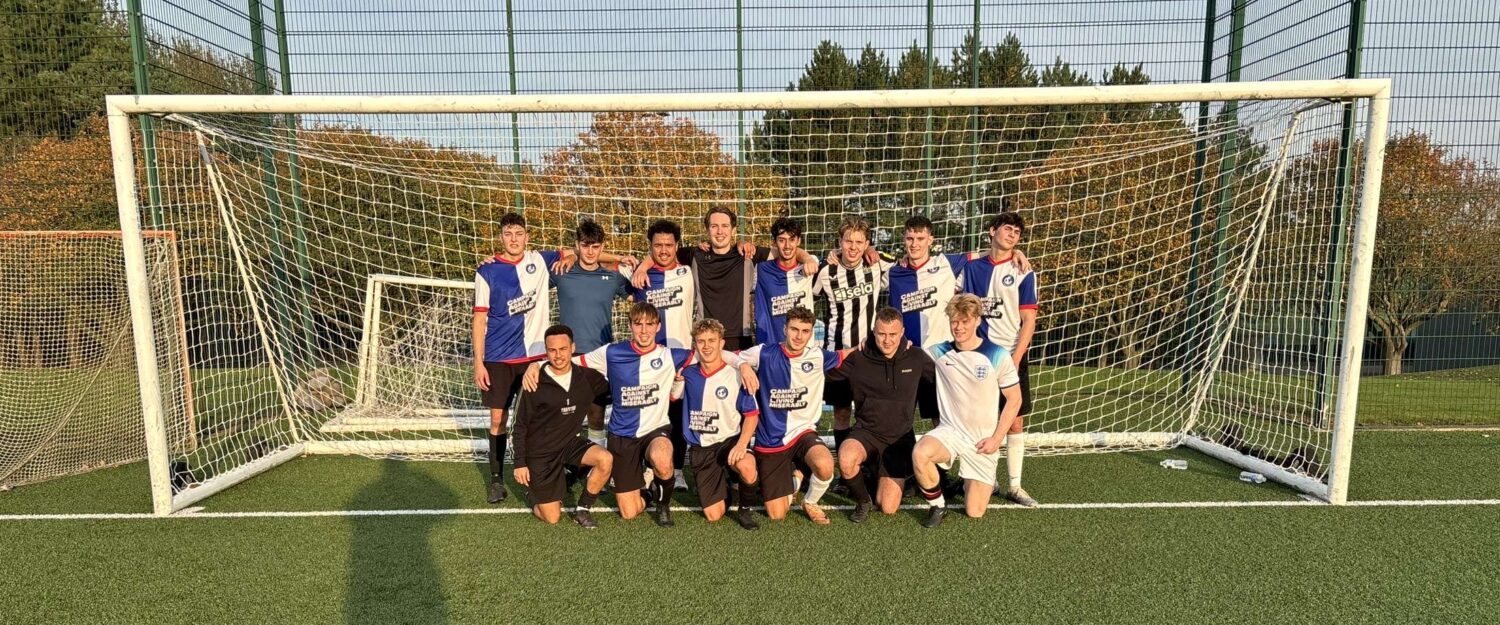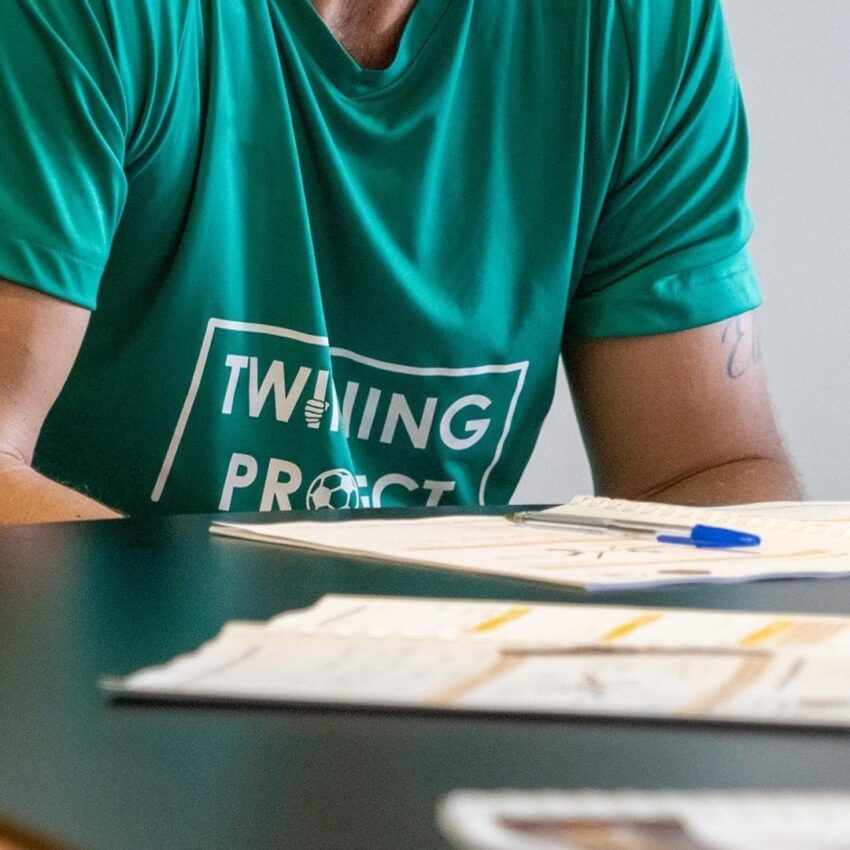A project that teaches prisoners how to coach football is succeeding in tackling reoffending rates in the North East and beyond.
The Twinning Project is an initiative that ‘twins’ HM prisons with elite football clubs.
Professional coaches are supported by prison officers in order to deliver an accredited coaching course to inmates, with the intention of better preparing them for life after release, and discouraging reoffending.
The initiative has been a great success, with a new Oxford University study showing that participants of The Twinning Project recorded 50% fewer adjudications compared to a control group.

The North East is one of the areas that the project is most prominent, and it’s success to this date has been evident.
Newcastle United, Sunderland AFC, Middlesbrough FC and Hartlepool FC are amongst the nearby clubs that are involved, providing lessons in several local prisons including HMP Northumberland, HMP Holme House, HMP Kirklevington Grange, and HMP Durham.
The intention is to engage prisoners with a football-based education that works to improve both their mental and physical wellbeing, whilst ultimately earning them a qualification that will help them to gain employment upon their release, and prevent them from reoffending.

The University of Oxford study has revealed data regarding the effect that the initiative is having so far.
It has been found that general wellbeing, and an optimism for the future over employability and staying out of prison, was significantly enhanced in inmates who undertook the project.
A further online study, conducted on former prisoners, showed that social bonds developed in such projects directly link to a reduction in criminal behaviour and weaker pro-criminal attitudes.
Not only does the initiative benefit the individual, but the study also demonstrated that interventions like the Twinning Project are positively perceived amongst communities when it comes to reintegrating prisoners into society.
They encourage an acceptance and belief in returning inmates, and invokes a willingness to hire them to jobs.

Natasha Brookner is the Head of Operations at the Twinning Project and spoke to me about the initiative.
“It was founded in 2018 by David Dein, who originally delivered motivational talks in schools, but thought to himself ‘why don’t I do this in prisons?
“He saw for himself that football was not playing a massive part in prisons – local or professional clubs would come in, have a kickabout and go, but there was nothing fundamental going on, and as a result of that, the idea started.
“They had the former head of grassroots at the FA design a bespoke course because most existing classes are online, so we needed something classroom based, with some physical activity because ultimately you can’t do online activity in there.
“The course consists of 35 learning hours, a number of which are in the classroom, and some on the pitch.
“Knowing David, the first club that he approached was Arsenal, he went into a local London prison, and from there it began.”
The project has been extremely popular in prisons up and down the country, with inmates showing an eagerness to enrol, to the extent that Natasha added that “there has to be a waiting list for people to do it”.
The recruitment process is simple, and keen prisoners are able to request enrollment, however Natasha points out that course is open only “to those in the final 18 months to 2 years of their sentence”.
The programme even aids its graduates after their release, connecting its “alumni”, as Natasha labels them, with football clubs and foundations, in order to find ultimately find them employment.


